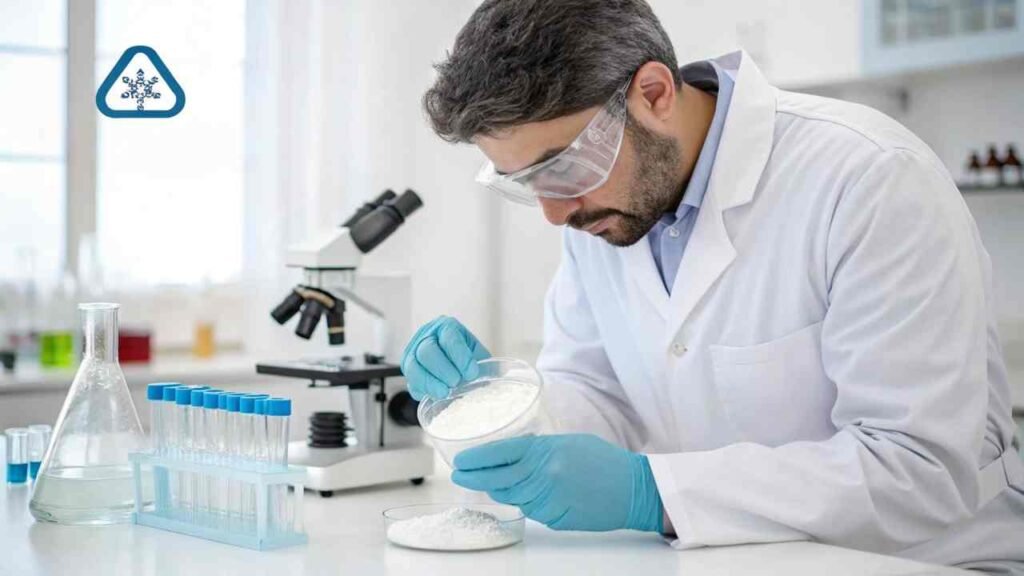Worried about receiving bad citric acid? Tired of quality issues that disrupt your business? Let's ensure every shipment is perfect.
To ensure citric acid quality, you must verify certifications and the Certificate of Analysis (CoA), use proper packaging and shipping practices, and prepare accurate customs documents to avoid delays.
At FINETECH, guaranteeing quality is everything. My clients have zero tolerance for quality problems or delays. This guide outlines the key steps to ensure the citric acid you receive is top quality, every time.
What quality checks matter for Citric Acid?
What defines high-quality citric acid? What should you look for beyond just appearance? Let's list the critical quality checks.
Key checks are on the Certificate of Analysis (CoA). Verify assay (purity), heavy metals, microbiological limits, and physical properties like solubility against standards like USP/BP/FCC.
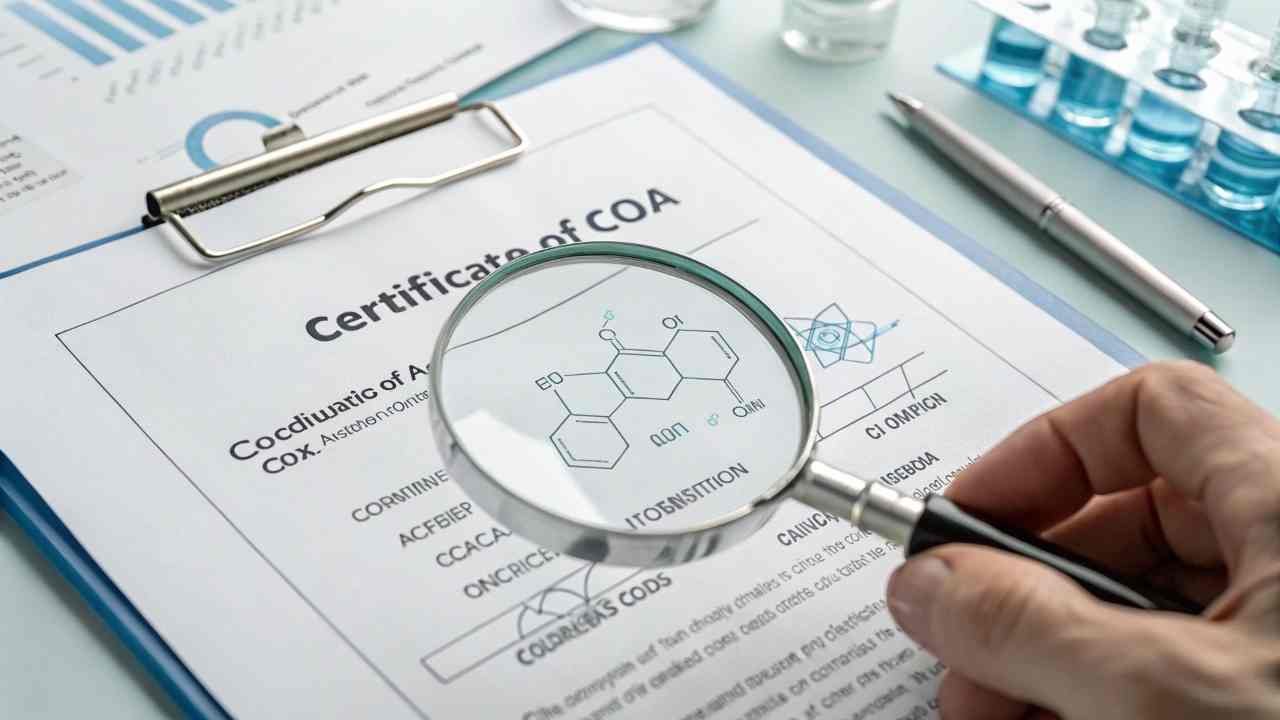
A Certificate of Analysis (CoA) is your proof of quality. Here’s what to check:
- Chemical Purity1: Look for high Assay (purity >99.5%), very low Heavy Metals (like Lead <0.5 ppm), and low Sulphated Ash (<0.1%).
- Physical Properties: It should be a white powder that dissolves completely into a clear solution.
- Microbiological Safety2: It must be negative for harmful bacteria like E. coli and Salmonella.
Reviewing these CoA details before shipment is how we guarantee quality at FINETECH.
Key CoA Checks:
| Parameter | Importance |
|---|---|
| Assay (Purity) | Ensures pure product |
| Heavy Metals | Critical for food safety |
| Microbiology | Critical for food safety |
| Solubility | Indicates no impurities |
Which certifications are key for Citric Acid?
Confused by all the logos? Which certifications actually prove supplier quality? Let's focus on the essential ones.
Key certifications are ISO 9001 (quality management), ISO 22000 or HACCP (food safety), and market-specific certificates like Halal and Kosher.
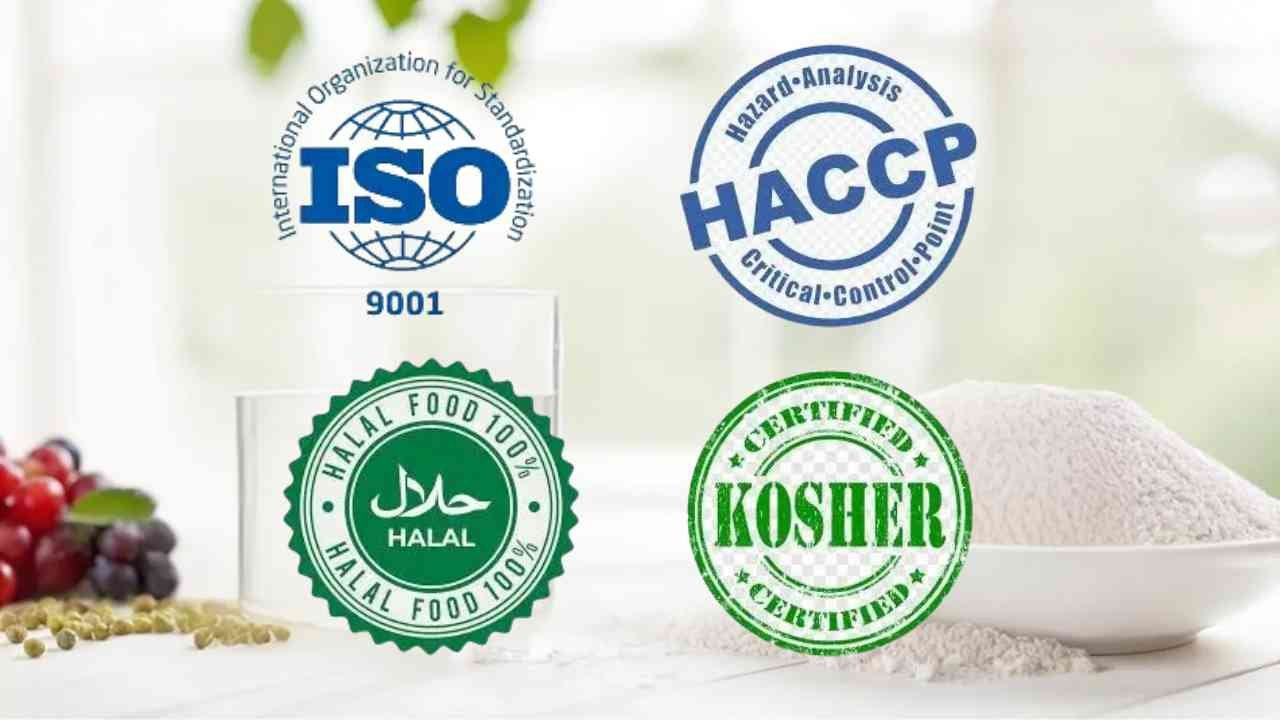
Certifications prove a supplier follows international standards. They aren't optional for serious buyers.
- ISO 9001: Proves a reliable quality management system.
- ISO 22000 / HACCP: Proves a food safety system is in place to prevent contamination.
- Halal / Kosher: Mandatory for access to specific markets (e.g., Middle East, SE Asia) and for many food manufacturers.
At FINETECH, we don't just ask for these certificates; we verify their authenticity.
Essential Certifications:
| Certification | What It Verifies | Benefit to Buyer |
|---|---|---|
| ISO 9001 | Quality System | Supplier reliability |
| ISO 22000/HACCP | Food Safety System | Safe, clean product |
| Halal/Kosher | Religious Compliance | Essential for market access |
How to package Citric Acid correctly?
Think a bag is just a bag? Wrong. Improper packaging can ruin your entire shipment. Here's how to do it right.
Use multi-layer kraft paper bags with a PE plastic inner liner. Stack them on ISPM 15 heat-treated pallets, then secure with corner protectors and heavy shrink-wrap.
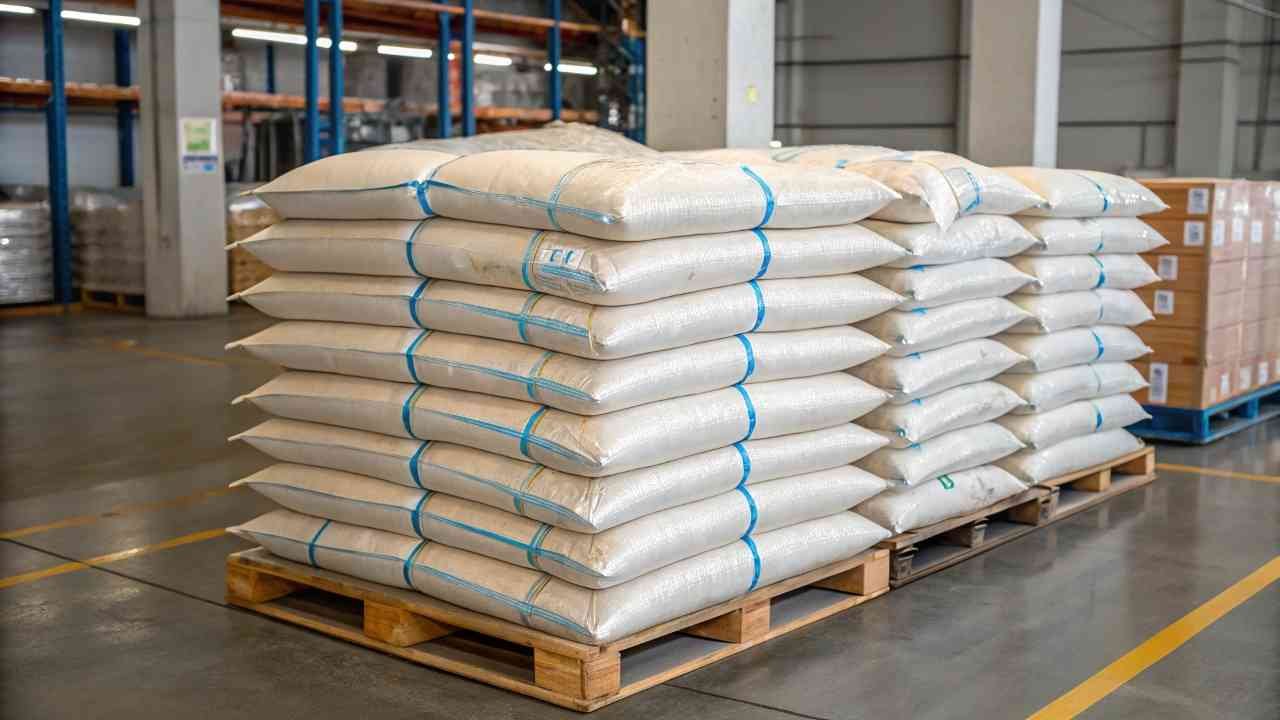
Proper packaging prevents damage and contamination during the long shipping journey.
- The Bag: Must have a PE inner liner3 to protect against moisture, which causes caking.
- The Pallet: Must be strong and ISPM 15 certified4 (stamped) for international customs compliance.
- The Wrap: Tight shrink-wrapping with corner protectors keeps the pallet stable and adds another protective layer.
This attention to detail prevents product loss. It’s a standard procedure for all FINETECH shipments.
How to avoid Citric Acid shipping delays?
Tired of shipments arriving late? Are delivery delays a constant headache? A proactive approach is the solution.
Avoid delays by working with a partner who books freight early with reliable carriers, prepares documents perfectly, and tracks the shipment proactively to solve problems before they happen.

Most delays are caused by poor planning, not bad luck.
- Book Early5: Secure space on a reliable vessel well in advance, especially during peak seasons.
- Perfect Paperwork: Documentation errors are a top cause of customs holds. Ensure 100% accuracy.
- Proactive Tracking: Monitor the shipment and communicate any changes in the arrival time.
A proactive partner like FINETECH manages these logistics details so you don't have to, preventing the pain of delays.
What documents clear Citric Acid customs?
Confused about the paperwork needed to import? Worried about getting stuck at customs? Here are the essential documents.
The key documents are the Commercial Invoice, Packing List, Bill of Lading (B/L), Certificate of Analysis (CoA), and often a Certificate of Origin (COO).
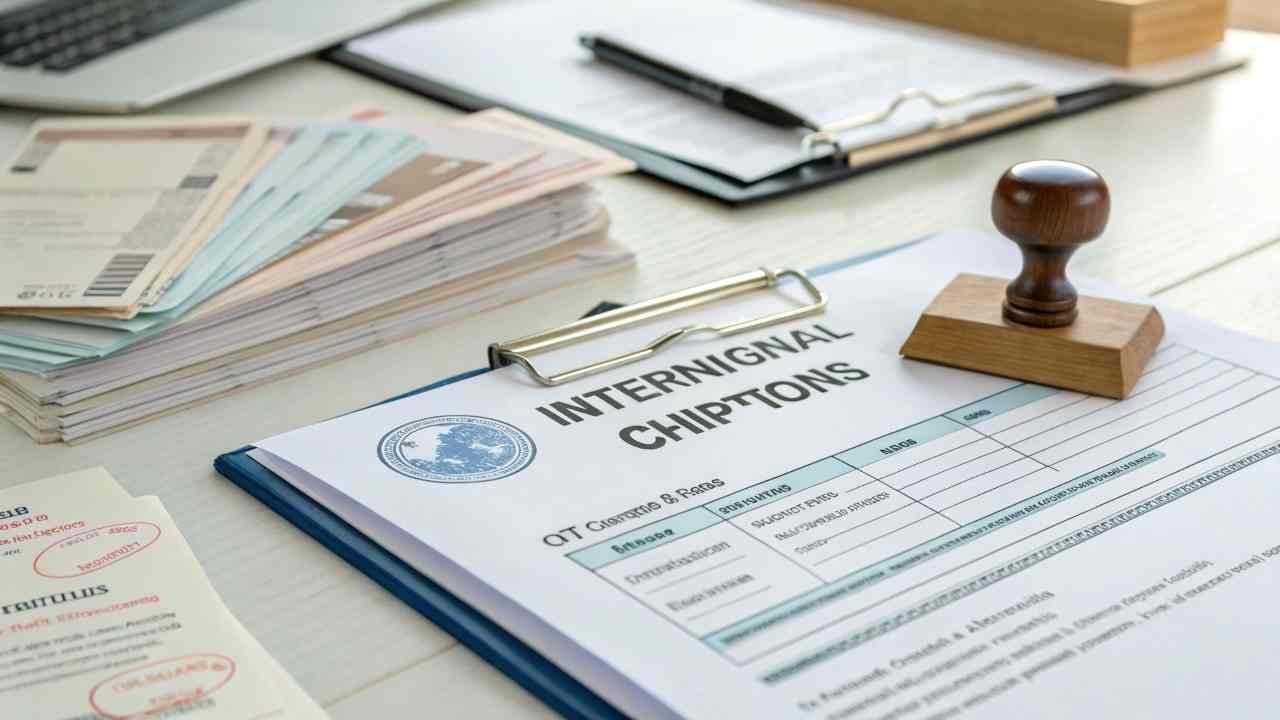
This set of documents is your shipment's passport. They must be perfectly accurate and consistent.
- Commercial Invoice: The bill for the goods. Used by customs to assess duties.
- Packing List: Details the shipment's contents and weight.
- Bill of Lading (B/L): The contract with the shipping line and the title to your goods.
- Certificate of Analysis (CoA): Proves product quality.
- Certificate of Origin (COO): Certifies the country of manufacture (China).
Depending on your country, you may also need a Halal Certificate or other specific documents. We prepare a complete and accurate set for every order to ensure smooth customs clearance.
Conclusion
Ensure citric acid quality by checking the CoA and certs, using robust packaging, managing logistics proactively, and preparing perfect documents. A good partner makes this process simple and reliable.
-
Understanding Chemical Purity is crucial for ensuring product quality and safety, making this resource invaluable. ↩
-
Exploring Microbiological Safety helps you grasp its significance in preventing contamination and ensuring health standards. ↩
-
Understanding the role of a PE inner liner can help you ensure your products are protected from moisture during shipping. ↩
-
Exploring ISPM 15 certification will provide insights into international shipping compliance and how to avoid customs issues. ↩
-
Exploring this link will provide insights on how early booking can prevent delays and ensure smooth shipping. ↩

